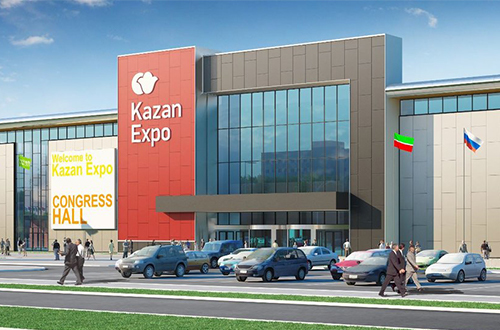WorldSkills 101
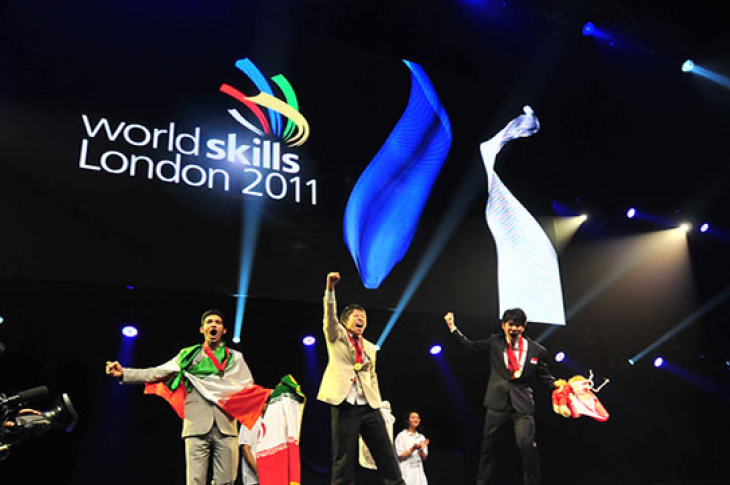
Competing in WorldSkills is like going to the Olympics — it takes incredible discipline and countless hours of training to reach the world stage. Being a contender is an accomplishment, let alone reaching the podium.
Come August, SAIT cabinetmaking student Taylor Desjardins will take part in this experience of a lifetime when he represents Canada at the 45th WorldSkills Competition in Kazan, Russia. There, he is set to join competitors from 66 countries — all vying for top place in 56 skills.
Get ready for Russia by upping your WorldSkills knowledge. Here’s what makes this event so unique:
It all started in 1950
The Second World War devastated Europe’s economy and created a massive shortage in the skilled trades, threatening a new economic depression. With an increased focus on skills, the inaugural competition took place in Madrid, Spain, at “Virgen de la Paloma” Vocational Training Institute.
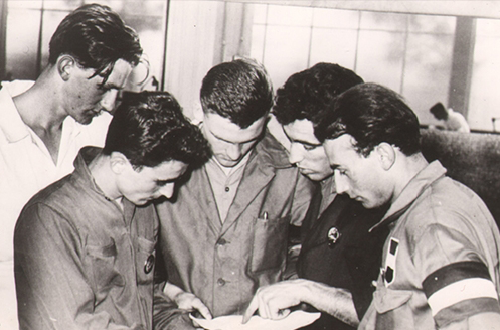
Calgary played host in 2009
SAIT’s Competitors’ Village played host to a large number of the 850 participants from 47 countries. After the event, SAIT reported a higher volume of calls from potential students hoping to learn more about related programs.
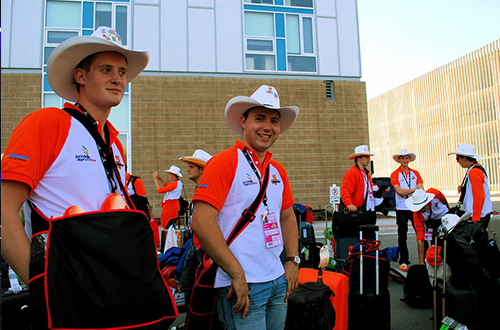
Russia has been planning the event for four years
In 2015, Kazan was voted to host the competition over Paris, France and Charleroi, Belgium. The venue has been constructed specifically for WorldSkills.
Up to 1,300 experts will evaluate the competitors’ work
Under a spotlight, with the clock ticking, there’s no room for mistakes. Just a fraction of a point can often separate those who take on the podium and those who don’t.
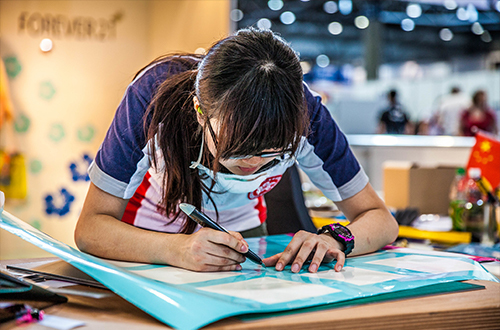
Age matters
With a few exceptions, competitors are 22 years old or younger. Those in Information Network Cabling, Mechatronics, Manufacturing Team Challenge and Aircraft Maintenance can compete until they’re 25.
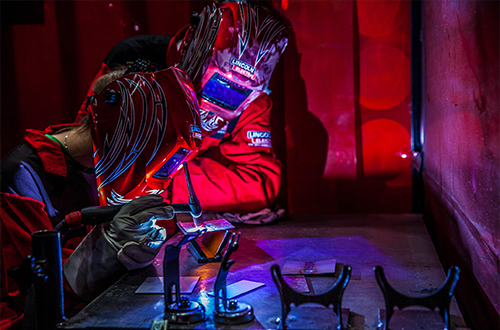
Team Canada is 32 members strong
Competitors who win gold during a qualifying WorldSkills year at Nationals have a chance to represent Team Canada. Since the competition takes place every two years, the selection event this year was held in conjunction with the Skills Canada National Competition 2019 in Halifax, Nova Scotia in May. Four of Alberta’s prospects, including Desjardin, were invited to join Team Canada.
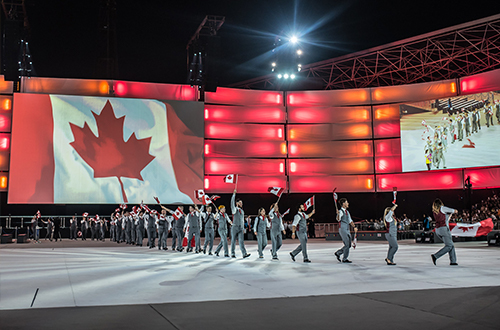
The flag is well-traveled
When the flag reaches its final destination in time for the opening ceremony, it will mark the end of a two-year sojourn that was out of this world — literally. The international journey began during the closing ceremony of WorldSkills Abu Dhabi in 2017. From there, the flag traveled to Sochi, Russia and was even launched into space where it orbited the earth for more than two months.
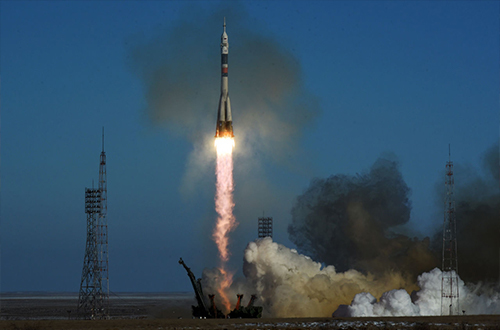
The WorldSkills Museum is coming to Shanghai
In September 2021, the WorldSkills Museum will open its doors to showcase the impact the trades and technology competition has had around the world.
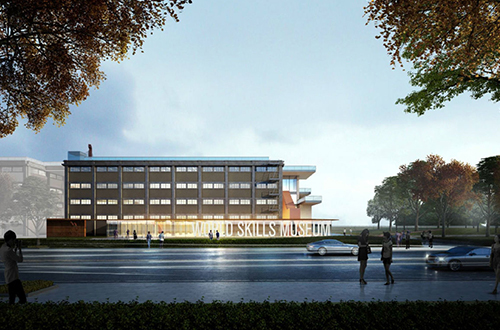
The road to Russia has officially begun. Visit sait.ca/compete weekly for more WorldSkills stories and updates leading up to the Aug. 22 – 27 event.

Oki, Âba wathtech, Danit'ada, Tawnshi, Hello.
SAIT is located on the traditional territories of the Niitsitapi (Blackfoot) and the people of Treaty 7 which includes the Siksika, the Piikani, the Kainai, the Tsuut’ina and the Îyârhe Nakoda of Bearspaw, Chiniki and Goodstoney.
We are situated in an area the Blackfoot tribes traditionally called Moh’kinsstis, where the Bow River meets the Elbow River. We now call it the city of Calgary, which is also home to the Métis Nation of Alberta.
